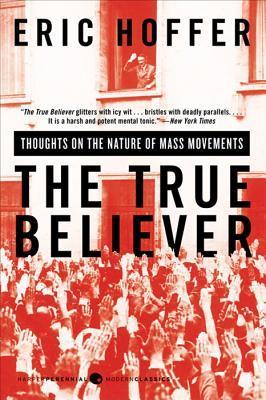More on this book
Community
Kindle Notes & Highlights
There is apparently an irremediable insecurity at the core of every intellectual, be he noncreative or creative. Even the most gifted and prolific seem to live a life of eternal self-doubting and have to prove their worth anew each day.
Jesus Himself might not have preached a new Gospel had the dominant Pharisees taken Him into the fold, called Him Rabbi, and listened to Him with deference.
the grievance which animates him is, with very few exceptions, private and personal.
When his superior status is suitably acknowledged by those in power, the man of words usually finds all kinds of lofty reasons for siding with the strong against the weak.
there is either an entire absence of an educated class or an intimate alliance between those in power and the men of words.
Indian intellectual;
had they treated him as an equal, encouraged him in his work and allowed him a share of the fleshpots, they could perhaps have maintained their rule there indefinitely.
familiarizes the masses with the idea of change. What
When we debunk a fanatical faith or prejudice, we do not strike at the root of fanaticism.
Thus by denigrating prevailing beliefs and loyalties, the militant man of words unwittingly creates in the disillusioned masses a hunger for faith.
For the majority of people cannot endure the barrenness and futility of their lives unless they have some ardent dedication, or some passionate pursuit in which they can lose themselves. Thus, in spite of himself, the scoffing man of words becomes the precursor of a new faith.
Jesus was not a Christian, nor was Marx a Marxist.
by indirectly creating a hunger for faith in the hearts of those who cannot live without it, so that when the new faith is preached it finds an eager response among the disillusioned masses;
the freedom the masses crave is not freedom of self-expression and self-realization, but freedom from the intolerable burden of an autonomous existence.
They do not want freedom of conscience, but faith—blind, authoritarian faith.
the noncreative men of words—the eternal misfits and the fanatical contemners of the present.1
never in all eternity will he be able to realize this,
Only when engaged in change does he have a sense of freedom and the feeling that he is growing and developing.
It was Hitler’s fanaticism, his inability to settle down and play the role of a practical man of action, which brought ruin to his movement.
Lincoln, Gandhi,
self-confidence of these rare leaders
the final phase is chiefly preoccupied with administering and perpetuating the power won.
man of action is not a man of faith but a man of law.
great care to preserve in the new institutions an impressive façade of faith,
persuasiveness of force.
at the end of its vigorous span the movement is an instrument of power for the successful and an opiate for the frustrated.
The mass movement leader who benefits his people and humanity knows not only how to start a movement, but, like Gandhi, when to end its active phase.
liberation of the individual from the stifling atmosphere of blind faith and the disdain of his self and the present.
the conviction that life and the universe conform to a simple formula
when the objective is an ideal society of perfect unity and selflessness-whether
the active phase is without an automatic end.
The gross ideal of an ever-rising standard of living has kept this nation fairly virile. England’s ideal of the country gentleman and France’s ideal of the retired rentier are concrete and limited. This definiteness of their national ideal has perhaps something to do with the lessened drive of the two nations.
foreign influence acts mainly by creating an educated minority where there was none before
alienating an existing articulate minority from the prevailing dispensation;


